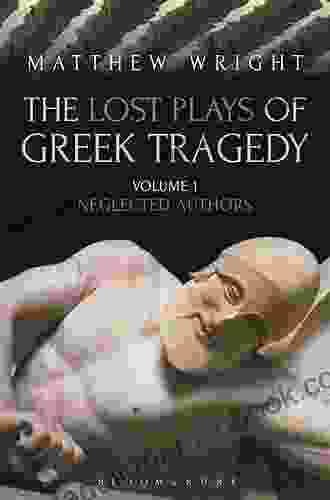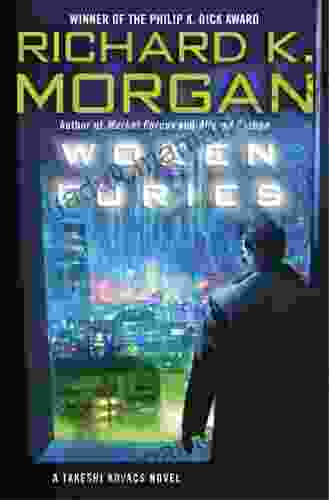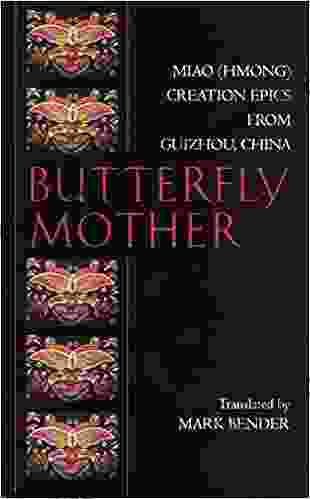The Literary Luminaries of Ancient Greece: A Journey into the Worlds of Aeschylus, Sophocles, and Euripides

Prologue: The Cradle of Western Drama
In the vibrant city-state of Athens, where philosophy, art, and literature flourished, a constellation of extraordinary playwrights emerged. Aeschylus, Sophocles, and Euripides, known as the "big three" of Greek tragedy, left an indomitable imprint on the annals of Western literature. Their works, filled with intricate plots, profound insights, and enduring themes, continue to resonate with audiences across centuries and cultures.
Aeschylus: The Father of Tragedy
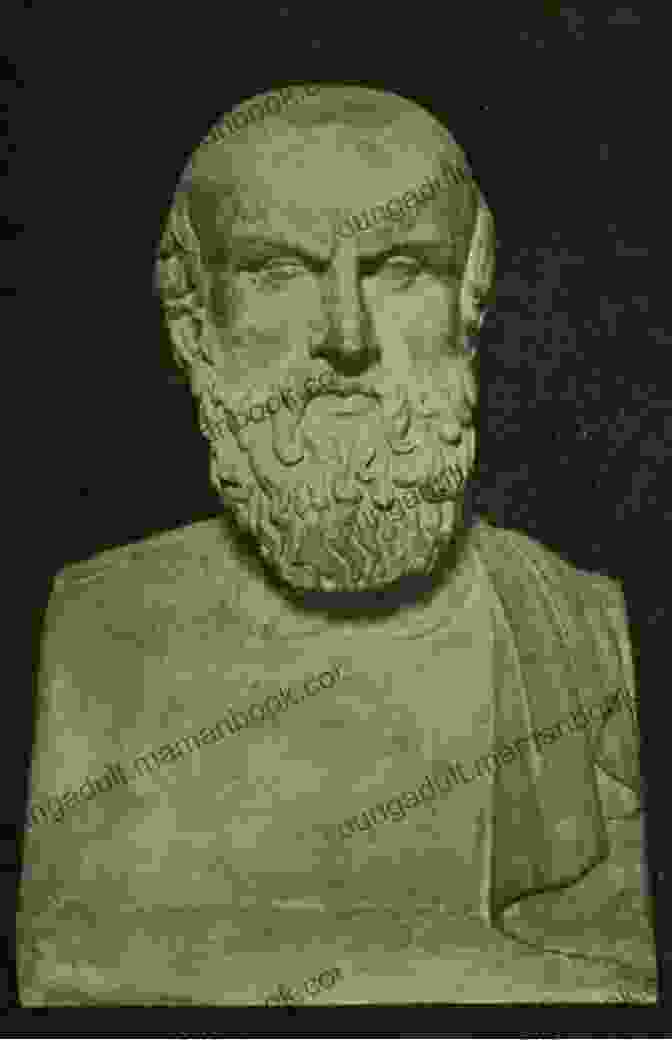
Aeschylus, born around 525 BC, is hailed as the "father of tragedy." His plays, distinguished by their grandeur and epic proportions, explored the depths of human suffering, divine justice, and the complexities of destiny. A master of choral dialogue and vivid imagery, Aeschylus's work laid the foundations for the genre of Greek tragedy.
4.6 out of 5
| Language | : | English |
| File size | : | 1126 KB |
| Text-to-Speech | : | Enabled |
| Screen Reader | : | Supported |
| Enhanced typesetting | : | Enabled |
| Word Wise | : | Enabled |
| Print length | : | 408 pages |
| X-Ray for textbooks | : | Enabled |
His most celebrated trilogy, the Oresteia, revolves around the curse that haunts the House of Atreus. In Agamemnon, King Agamemnon sacrifices his daughter Iphigenia to appease the gods before the Trojan War, leading to his tragic demise upon his return home. The Libation Bearers narrates the revenge of Agamemnon's son Orestes, who murders his mother Clytemnestra and her lover Aegisthus. Finally, in The Eumenides, Orestes is pursued by the Furies for matricide but is ultimately acquitted by Athena, establishing the supremacy of divine law and the transition from a vengeful to a civilized society.
Sophocles: The Master of Human Drama
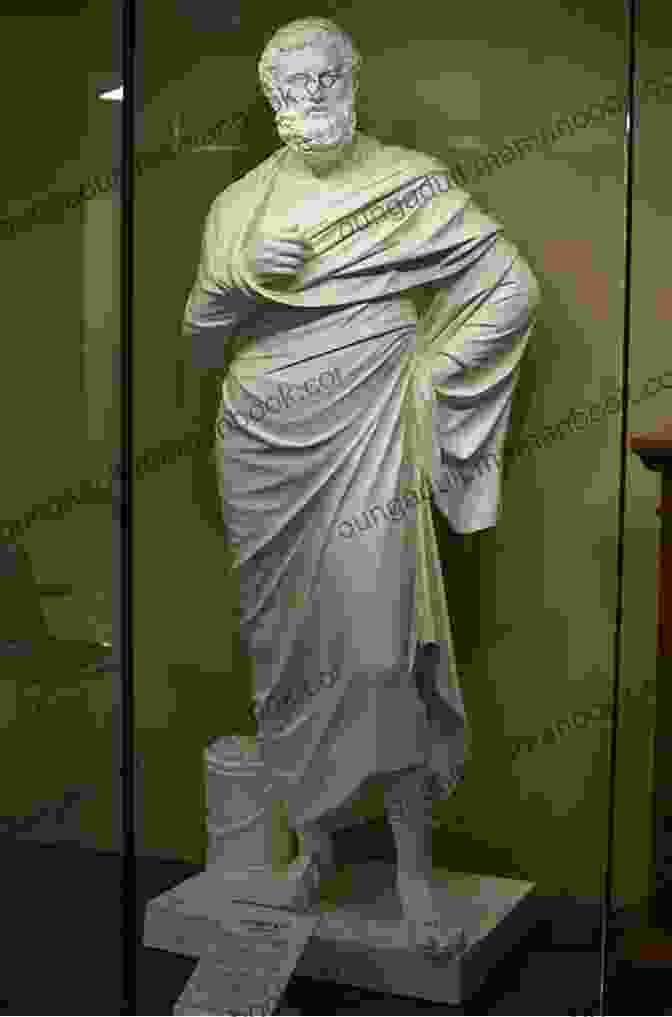
Born in 496 BC, Sophocles was a younger contemporary of Aeschylus. He is renowned for the psychological depth and moral complexity of his characters, as well as his innovative use of dramatic irony and the chorus. Sophocles's work often delved into the struggles between individual values and societal norms.
Considered his masterpiece, Oedipus Rex depicts the tragic fall of Oedipus, a noble king who unknowingly murders his father and marries his mother. As the truth unravels, Oedipus blinds himself in despair, becoming a symbol of human suffering and the fragility of human existence. In Antigone, Sophocles explores the conflict between personal conscience and political authority. Antigone, defying the king's decree, chooses to bury her brother's body, earning her the title of a martyr for individual freedom.
Euripides: The Pioneer of Human Emotion
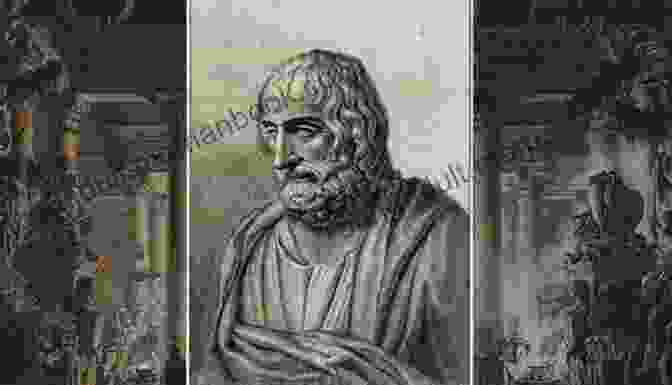
The youngest of the trio, Euripides, born around 480 BC, broke away from the traditional conventions of tragedy. His work often focused on human emotions, social issues, and the complexities of human relationships. Euripides introduced psychological realism to the genre, exploring the innermost thoughts and motivations of his characters.
In Medea, Euripides delves into the themes of jealousy and vengeance. Medea, a powerful sorceress, takes revenge on her unfaithful husband Jason by murdering their children. The Trojan Women depicts the aftermath of the Trojan War, highlighting the horrors of war and the suffering of women. The Bacchae explores the transformative power of religious ecstasy and the dangers of rejecting traditional beliefs.
Legacy and Influence
The works of Aeschylus, Sophocles, and Euripides have had a profound and enduring impact on Western literature, theater, and thought. Their plays continue to be performed, studied, and adapted, inspiring generations of artists and thinkers.
Their exploration of universal themes such as justice, fate, free will, and the human condition has resonated with audiences across time and cultures. Their influence can be seen in the works of Shakespeare, Racine, Goethe, Ibsen, and countless others.
Furthermore, they played a significant role in the development of dramatic conventions and theatrical practices. Aeschylus introduced the second actor, enabling more complex character interactions. Sophocles added the third actor, further enriching the dramatic potential. Euripides experimented with different chorus sizes and structures, expanding the narrative and emotional possibilities of the chorus.
: Timeless Titans of Tragedy
Aeschylus, Sophocles, and Euripides stand as towering figures in the history of literature. Their plays, filled with poetic brilliance, psychological insights, and profound themes, have left an indelible mark on our understanding of the human experience. Their works continue to captivate, challenge, and inspire audiences, cementing their legacy as the timeless titans of tragedy.
4.6 out of 5
| Language | : | English |
| File size | : | 1126 KB |
| Text-to-Speech | : | Enabled |
| Screen Reader | : | Supported |
| Enhanced typesetting | : | Enabled |
| Word Wise | : | Enabled |
| Print length | : | 408 pages |
| X-Ray for textbooks | : | Enabled |
Do you want to contribute by writing guest posts on this blog?
Please contact us and send us a resume of previous articles that you have written.
 Top Book
Top Book Novel
Novel Fiction
Fiction Nonfiction
Nonfiction Literature
Literature Paperback
Paperback Hardcover
Hardcover E-book
E-book Audiobook
Audiobook Bestseller
Bestseller Classic
Classic Mystery
Mystery Thriller
Thriller Romance
Romance Fantasy
Fantasy Science Fiction
Science Fiction Biography
Biography Memoir
Memoir Autobiography
Autobiography Poetry
Poetry Drama
Drama Historical Fiction
Historical Fiction Self-help
Self-help Young Adult
Young Adult Childrens Books
Childrens Books Graphic Novel
Graphic Novel Anthology
Anthology Series
Series Encyclopedia
Encyclopedia Reference
Reference Guidebook
Guidebook Textbook
Textbook Workbook
Workbook Journal
Journal Diary
Diary Manuscript
Manuscript Folio
Folio Pulp Fiction
Pulp Fiction Short Stories
Short Stories Fairy Tales
Fairy Tales Fables
Fables Mythology
Mythology Philosophy
Philosophy Religion
Religion Spirituality
Spirituality Essays
Essays Critique
Critique Commentary
Commentary Glossary
Glossary Bibliography
Bibliography Index
Index Table of Contents
Table of Contents Preface
Preface Introduction
Introduction Foreword
Foreword Afterword
Afterword Appendices
Appendices Annotations
Annotations Footnotes
Footnotes Epilogue
Epilogue Prologue
Prologue Vitali Lazar
Vitali Lazar Sam Chaltain
Sam Chaltain Trish Faber
Trish Faber Gary Chapman
Gary Chapman Susan Hayes
Susan Hayes Jeanne Marie Laskas
Jeanne Marie Laskas Marion Kummerow
Marion Kummerow Lise Mcclendon
Lise Mcclendon Katie Kitamura
Katie Kitamura Jessie Ash
Jessie Ash Pam Anderson
Pam Anderson Michael Chatfield
Michael Chatfield Antonio Libertino
Antonio Libertino John Naisbitt
John Naisbitt J Kyle Bachus
J Kyle Bachus J B Hagen
J B Hagen Julian Stockwin
Julian Stockwin Allen Pud Deters
Allen Pud Deters Melissa Gilbert
Melissa Gilbert D J Palmer
D J Palmer
Light bulbAdvertise smarter! Our strategic ad space ensures maximum exposure. Reserve your spot today!
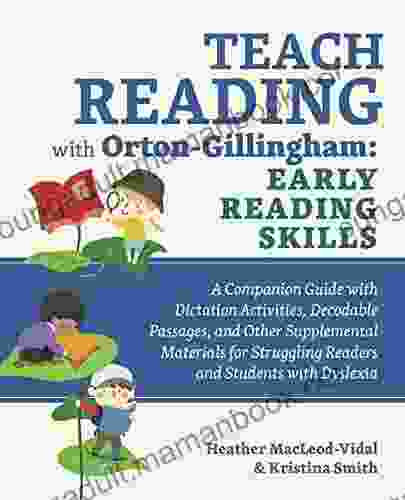
 Grayson BellThe Ultimate Companion Guide to Decodable Passages, Dictation Activities, and...
Grayson BellThe Ultimate Companion Guide to Decodable Passages, Dictation Activities, and...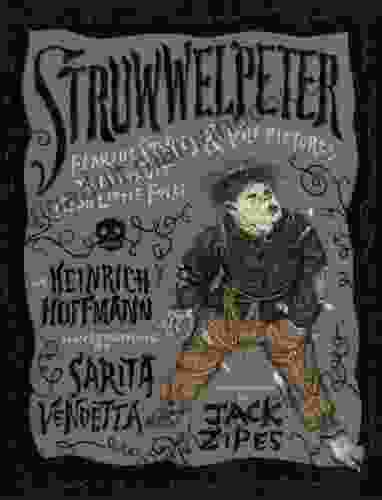
 George MartinFearful Stories and Vile Pictures to Instruct Good Little Folks: A Timeless...
George MartinFearful Stories and Vile Pictures to Instruct Good Little Folks: A Timeless... Kenzaburō ŌeFollow ·13.4k
Kenzaburō ŌeFollow ·13.4k Rubén DaríoFollow ·7k
Rubén DaríoFollow ·7k Morris CarterFollow ·14.1k
Morris CarterFollow ·14.1k Jeffrey HayesFollow ·12.1k
Jeffrey HayesFollow ·12.1k Stanley BellFollow ·10k
Stanley BellFollow ·10k Aldous HuxleyFollow ·4.8k
Aldous HuxleyFollow ·4.8k Bobby HowardFollow ·17.9k
Bobby HowardFollow ·17.9k William FaulknerFollow ·15.6k
William FaulknerFollow ·15.6k

 Yukio Mishima
Yukio MishimaUnveiling the Zimmermann Telegram: A Pivotal Document in...
The Zimmermann Telegram, a diplomatic...

 George Martin
George MartinFearful Stories and Vile Pictures to Instruct Good Little...
In the annals of children's literature, few...

 Grant Hayes
Grant HayesJessica the Viscount Wallflower: A Tale of Transformation...
In the opulent ballrooms and glittering...

 Jerome Blair
Jerome BlairThe Economics of the Global Defence Industry: A...
The global...

 Blake Kennedy
Blake KennedyBreath of Heron - A Window into the Poetic Depths of...
In the realm of...
4.6 out of 5
| Language | : | English |
| File size | : | 1126 KB |
| Text-to-Speech | : | Enabled |
| Screen Reader | : | Supported |
| Enhanced typesetting | : | Enabled |
| Word Wise | : | Enabled |
| Print length | : | 408 pages |
| X-Ray for textbooks | : | Enabled |


